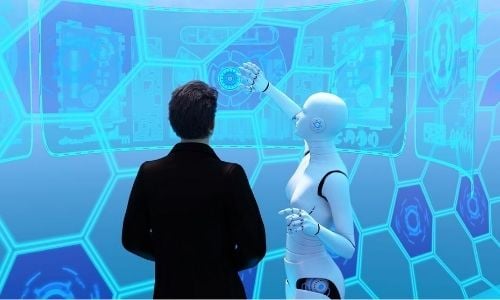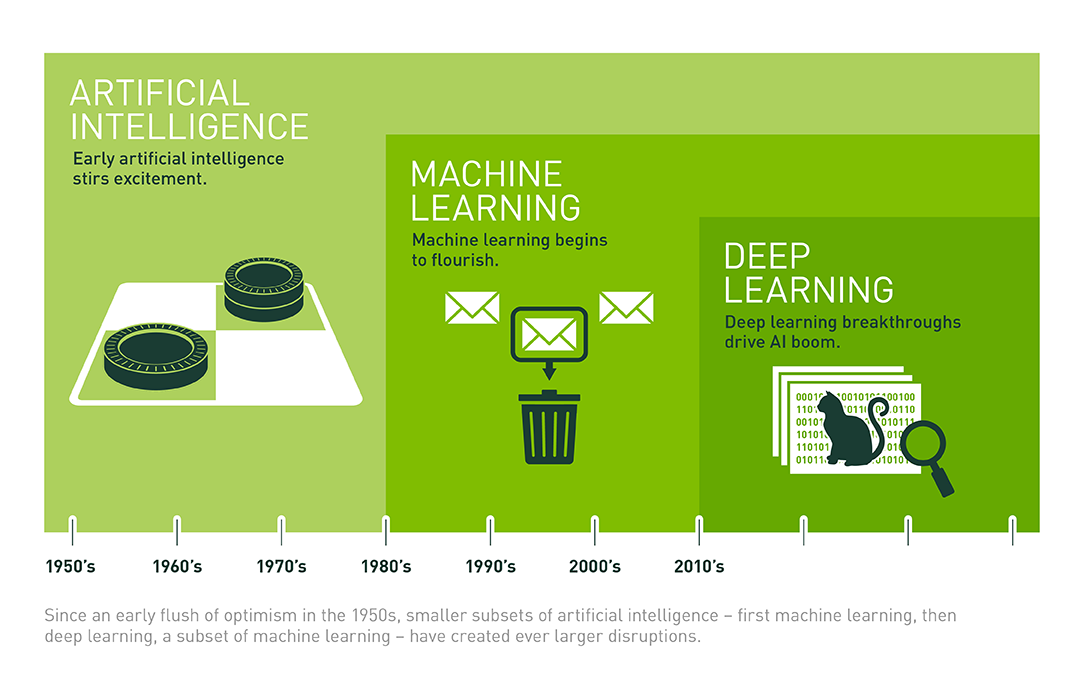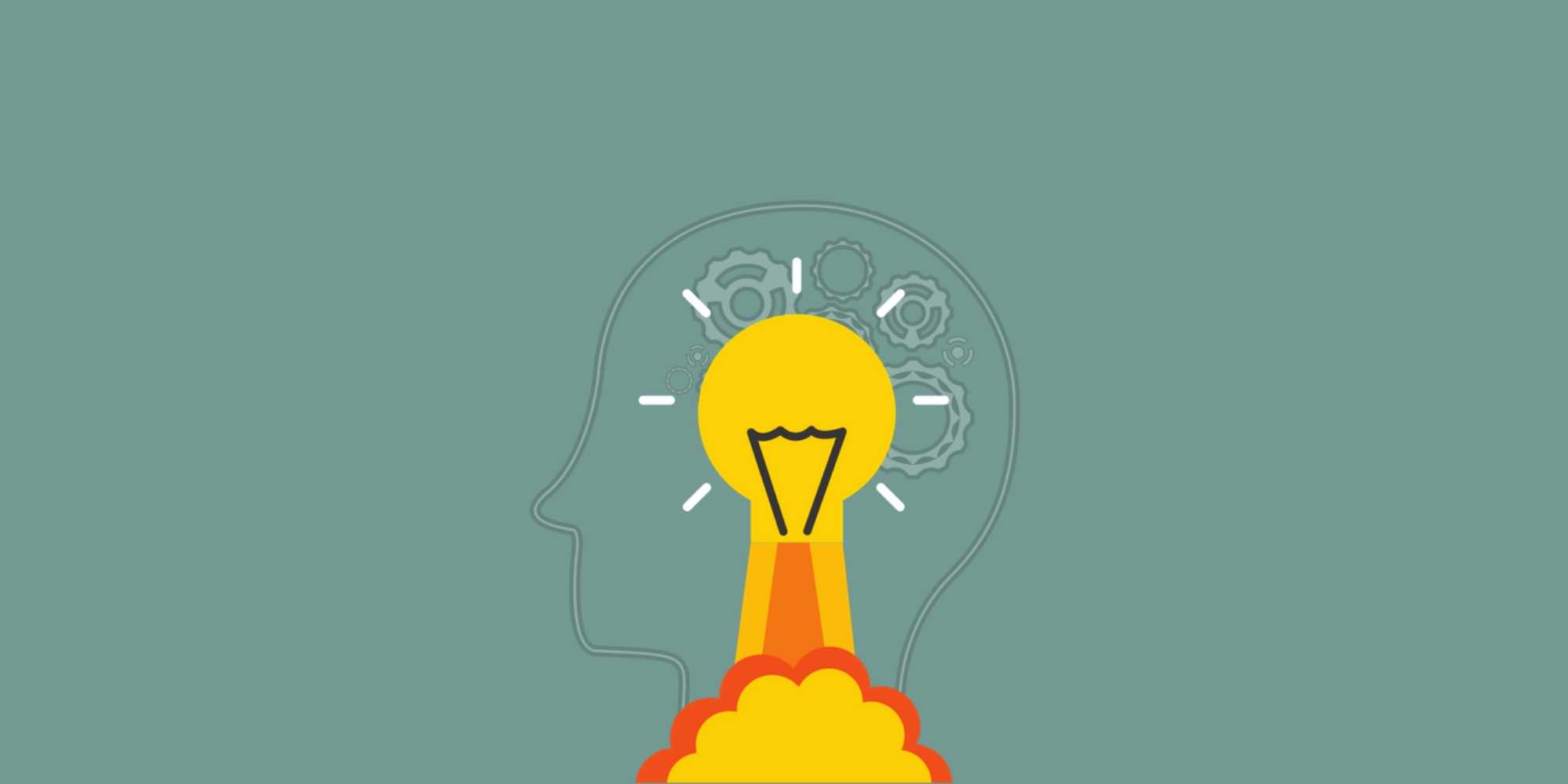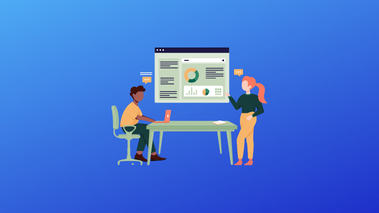How is Artificial Intelligence helping to tackle Covid-19?
Artificial Intelligence has proved to be a powerful tool in the fight against Covid-19. With the help of big data based models, applying Machine learning algorithms, computer vision, deep learning and natural language processing for pattern recognition and prediction, Artificial Intelligence is in the front line at combating the pandemic. From early diagnosis to research and development of potential drugs and vaccines, AI is being used to support and take significant decisions.
Medical scientists all over the world are working strenuously ever since the corona virus outbreak. Tech companies, clinicians and government entities are collaborating together to activate technology for real-time monitoring. AI is particularly useful at this time of crisis to detect patients at an early stage and mitigate the spread of the infection.

Early warnings and predictions
The disease prediction hugely depends on data analysis from real-time information, travel history, population density etc.
A Canadian AI based startup BlueDot, detected the outbreak of Covid-19 very early on. On December 30, 2019, they had alerted the government authorities about the cases of "unusual pneumonia" happening around a market in Wuhan, China. BlueDot's software had also made unerring predictions about Ebola and Zika viruses previously. However, human interpretation and input is required for the optimal application of AI, explains Kamran Khan(BlueDot founder) in this podcast.
MIT-IBM Watson AI lab uses AI and ML platforms to detect sepsis in Covid-19 patients. Sepsis is a life threatening immune response to an infection and patients are less likely to survive with this condition. Early diagnosis may help physicians to take necessary measures.
Diagnosis
Fast and accurate diagnosis of Covid-19 is crucial in saving lives.
There are many methods/applications used by clinicians to detect and monitor the disease. Laboratory confirmation of Covid-19 is done with a virus-specific RT–PCR(Reverse transcription polymerase chain reaction) test. Since the test is expensive, time-consuming and has strict laboratory requirements, it poses big challenges for rural hospitals. AI's ingenious solutions are helping such situations to detect infected patients and help for further treatment. The diagnosis methods such as CT scans, X-rays etc can be made more accurate by applying AI tools.
Infervision, a Chinese start-up, developed an AI solution which helped in accelerating pneumonia diagnosis by analyzing CT scan images of patients. E-commerce giant Alibaba also claims to have developed a similar kind of AI solution. In India, companies such as Qure.ai, Tata consultancy services have also used AI tools in chest X-rays for the diagnosis of COVID-19.
Contact Tracing
The drones and contact tracing apps have helped India to manage Covid cases. The Aarogya Setu app, which is available in 12 languages, works on Bluetooth and location data to alert users of suspected covid-19 patients nearby. "GoCoronaGo" and "sampark-o-meter" apps developed by Indian Institute of science(IISc) and IITs, also use a similar strategy for contact tracing. Many states in India found resort in AI, to identify mask violators using a software installed in CCTV cameras.
Treatment and Cure
AI models can save time and money in the research and development of potential drugs for emerging diseases. AI plays a crucial role in developing drugs and vaccines against the virus, by analyzing and reasoning biomedical data and existing medicines. Medical scientists have managed to sequence the genetic code of the novel corona virus and launched supportive drugs (e.g, fabiflu and remdesivir) in record time. But the world is waiting for a vaccine and a systematic approach using AI tools can accelerate the discovery.
AI methods have yielded results for two companies. British drug company BenevolentAI and Germany based Innoplexus identified potential treatments for Covid patients earlier this year.
In late January, the researchers at BenevolentAI in London identified Baricitinib(an arthritis pill), as a potential treatment to inhibit viral infection. And, thanks to AI, Baricitinib in combination with Remdesvir was tested against Covid-19 and won emergency use approval for Covid-19.
Using their “knowledge graph” composed of chemical, biological and medical research and information, BenevolentAI’s machine learning models and algorithms can identify potential drugs unknown to medical science currently, saving both time and money.
In India, Indraprastha Institute of Information Technology (IIIT) is using AI technology to facilitate manual repurposing of drugs to treat Covid-19.
Besides all this, AI is effectively used in online consultation with health experts. Chatbots are being widely used to answer queries, self-assessment etc. Chatbots are equipped with AI, NLP, and Machine learning capabilities to help people remain updated with latest Covid-19 updates. In Kerala, Robots are used for spreading awareness and delivering hand sanitizers.
We’ve seen misinformation spreading more faster than Covid-19 itself during the recent times. AI technology extends a helping hand to curb fake news on social media. Facebook used AI to remove misinformation about Covid-19 as well as to take off fake products like testing kits, masks, hand sanitizers, surface disinfecting wipes etc. selling on its platform.
Increase in frequent epidemics, fueled by our hyper-connected modern vulnerable society, is a wake-up call for the world. Globalization, urbanization, climate change and closer proximity to wild animals, also means there is more chance of virus hopping from animals to humans and spreading quickly. Covid-19 pandemic is a health crisis of a magnitude which has already turned into a massive economic crisis. We know technology has a long way to go to identify unprecedented events such as a pandemic outbreak. But it can still provide the disruptive power to fight back against pathogens like Covid-19, SARS, Ebola and Zika.
You May Also Like
These Related Stories

Artificial Intelligence vs. Machine Learning vs. Deep Learning

How should you kick start your career in Machine Learning?


No Comments Yet
Let us know what you think